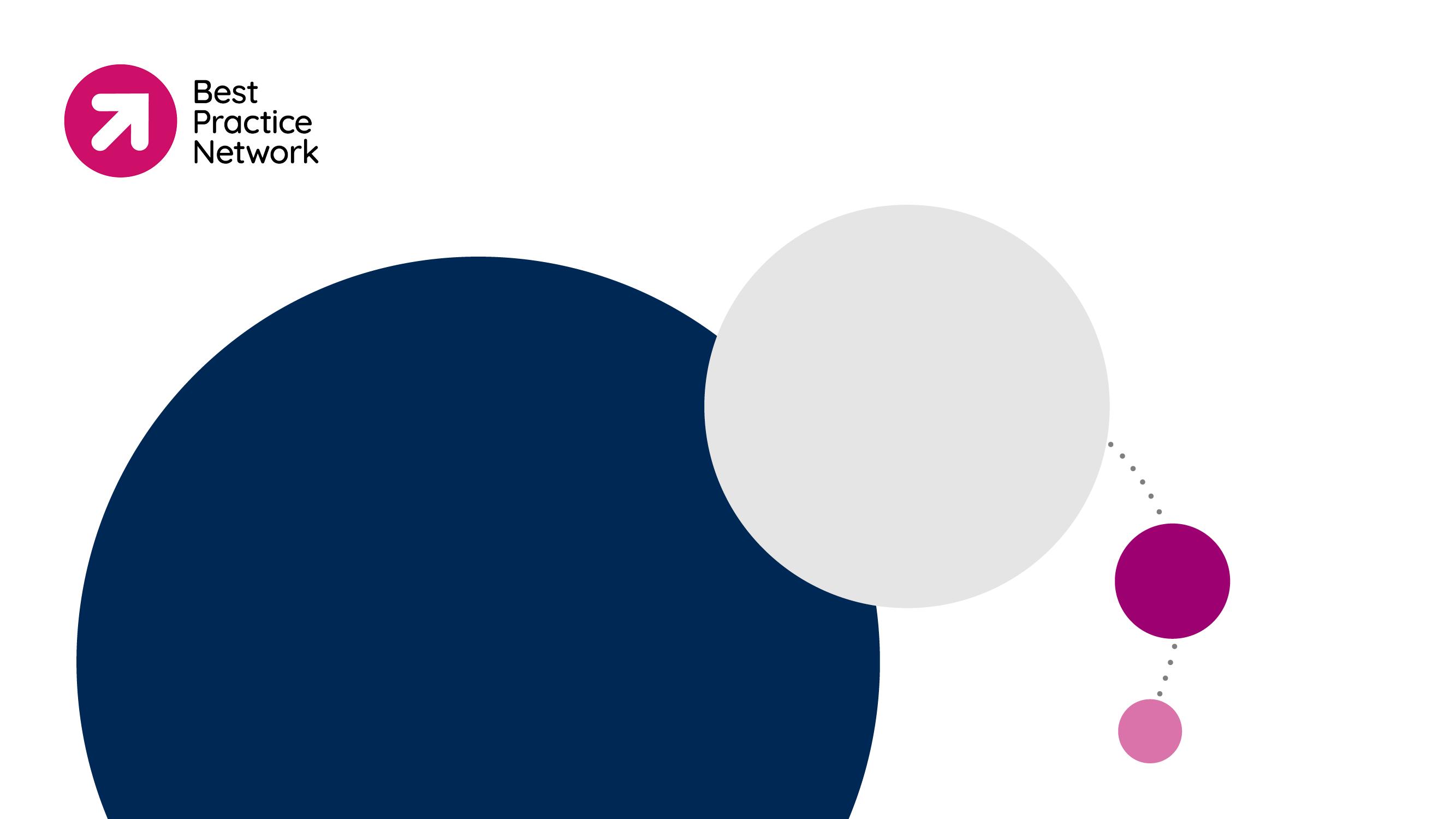

Effective


AIM & OBJECTIVES
Aim
To deepen understanding of the psychological, organisational and ethical principles that underpin effective coaching, exploring how contracting, communication and coaching models translate theory into practice.
Objectives
•Describe the key concepts of emotional and social intelligence and why they matter for building coaching relationships (K2).
•Recognise how diversity, inclusion and bias can affect coaching interactions (K3, K10).
•Explain what a coaching contract is and why clear boundaries and ethical practice are vital (K4, K6, K11).
•Identify how organisational culture and leadership style may shape coaching opportunities (K5).
•Explore core coaching models and questioning frameworks that structure a coaching conversation (K7, K12, S4).


When you think of an effective coach, what qualities come to mind?


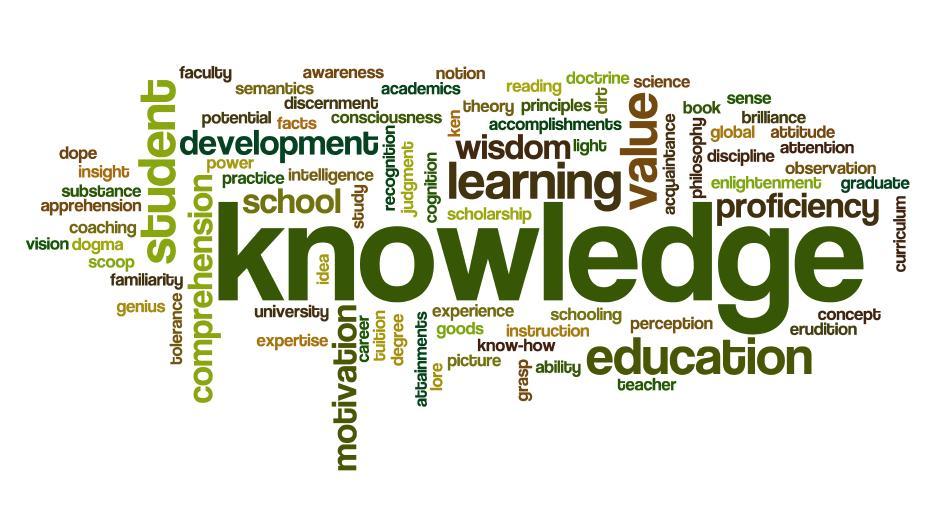


What is Emotional Intelligence (EQ)?
The ability to recognise, understand and manage our own emotions… …and… to recognise, understand and influence the emotions of others.


(Adapted from Goleman, 1998)
Intelligence Quotient (IQ) measures…
Logic skills
Problem-solving skills/reasoning
Verbal/mathematical skills
Memory/attention
Thinking,
learning and processing information


Emotional Intelligence (EQ) measures…
Self-awareness
Self-regulation
Motivation
Empathy
Social skills


Emotional Intelligence (EQ) and IQ
In his book
‘Working with Emotional Intelligence’, Goleman developed the argument that…
…non-cognitive skills (EQ) can matter as much as IQ.


(Goleman,
1998)
Which EQ skill/s do you find it easiest to demonstrate?
(Add comments to the Padlet, should you wish)


Which EQ skill/s do you find it harder to demonstrate?
(Add comments to the Padlet, should you wish)


Emotional intelligence (EQ) in coaching (K2)
Breakout room 1
• Introduce yourself to the group
• Discuss the following prompts and prepare to give feedback


In his book ‘Working with Emotional Intelligence’, Goleman developed the argument that non-cognitive skills (EQ) can matter as much as IQ. (Goleman, 1998)
How do you think emotional intelligence (EQ) might influence trust and rapport in coaching?


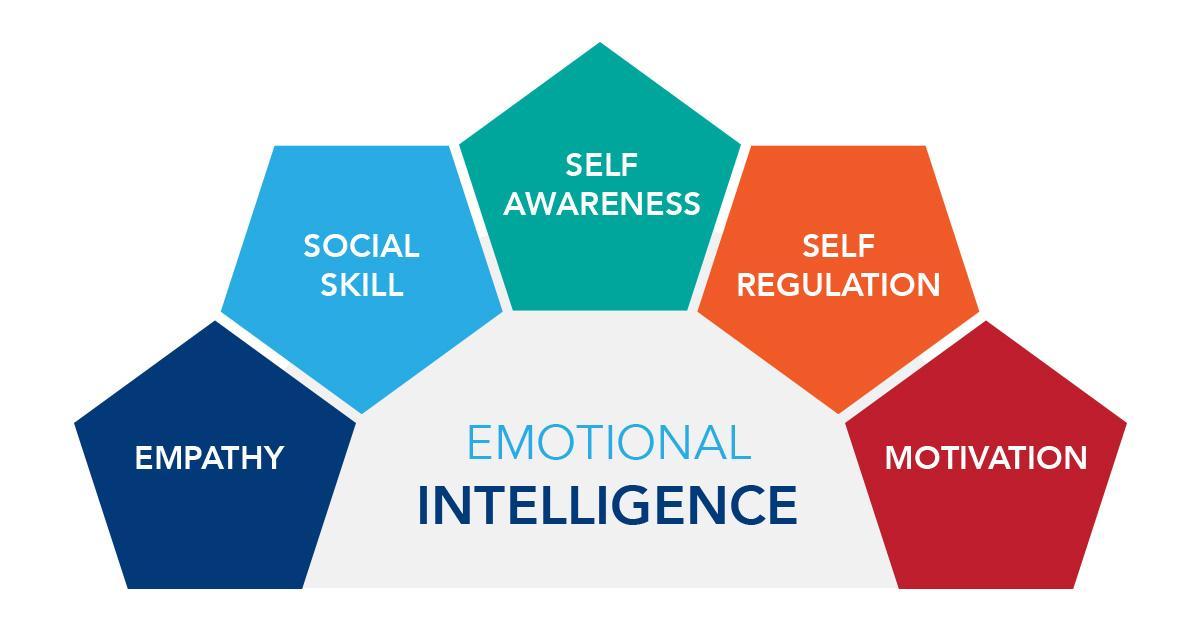


Goleman’s Five Domains of EQ
1. Self-awareness
Recognising when you’re feeling defensive in a coaching session and pausing before responding
2. Self-regulation
Choosing to stay calm and solution-focused when a coachee expresses an opinion you disagree with



Goleman’s Five Domains of EQ
3. Motivation
Staying committed to the coachee’s goals despite setbacks or limited recognition
4. Empathy
Noticing when a coachee seems disengaged and taking time to understand what’s behind it


Goleman’s Five Domains of EQ
5. Social skills
Managing a difficult coaching conversation constructively, maintaining respect and trust throughout


Why EQ matters in coaching
Builds trust and psychological safety
Improves communication and collaboration
Enhances a solution-focused mindset
Supports resilience and adaptability

Which of these do you feel is the most important & why?
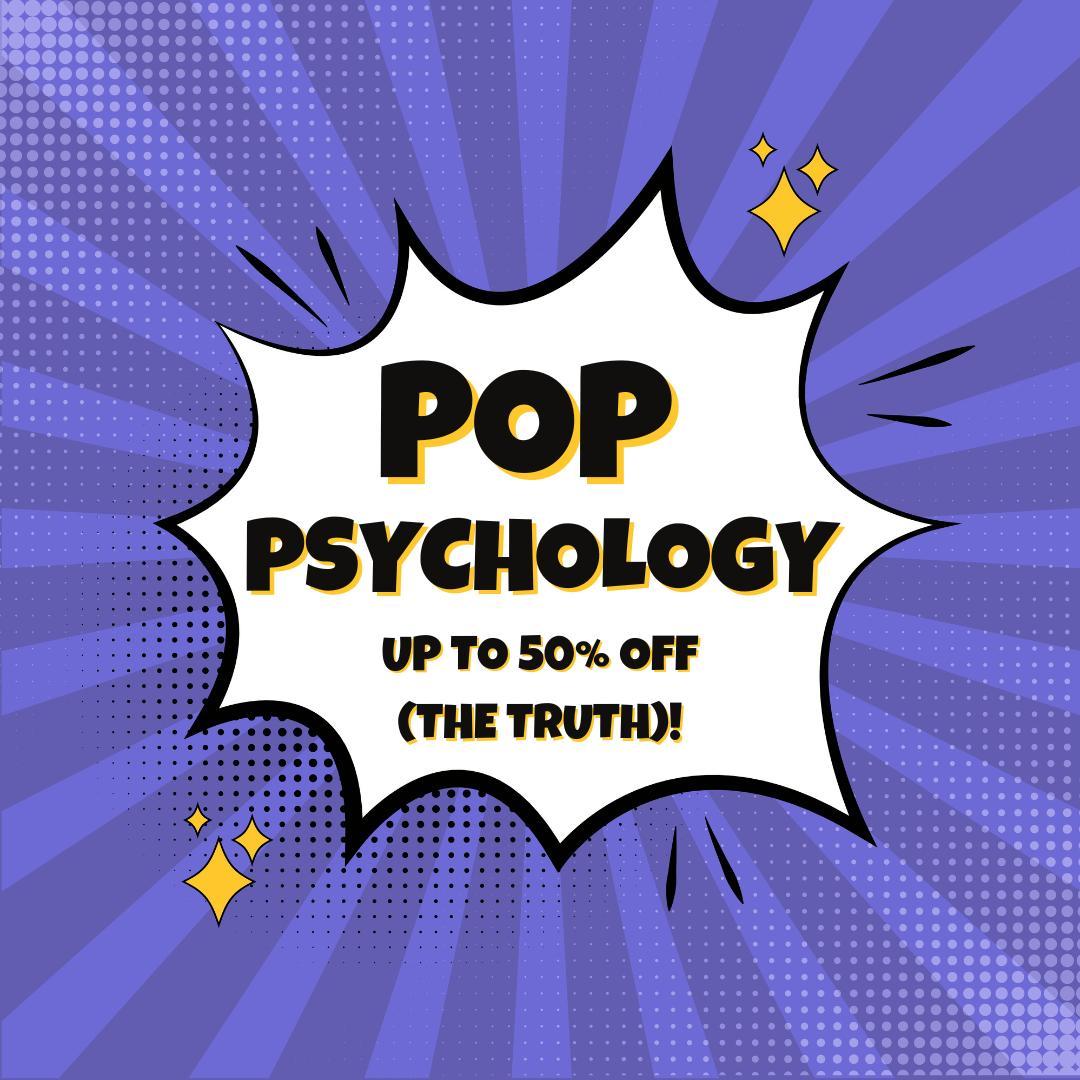


Is this ‘pop-psychology’?
Academic and popular (pop) psychology
Goleman didn’t invent emotional intelligence; he popularised the concept first described by Peter Salovey and John Mayer (1990).
Their model was rooted in cognitive and affective psychology - focusing on measurable abilities like perceiving, using, understanding and managing emotions.


EQ combines cognition and emotion rather
than replacing logic
Perceiving emotions
Using emotions to facilitate thought
Understanding emotions
Managing emotions


Salovey & Mayer, 1990
Academic and popular (pop) psychology
Salovey and Mayer gave us the psychological foundations of emotional intelligence; Goleman made it usable for leaders.
His model is often described as pop-psychology because it’s accessible, but its strength lies in connecting rigorous research to everyday leadership behaviour.


Knowledge into action…
Breakout room 2
• Introduce yourself to the group
• Discuss the following and prepare to give feedback


Share a situation when you felt genuinely listened to
What did that person do that made you feel truly understood?
How could you bring that into your coaching practice?


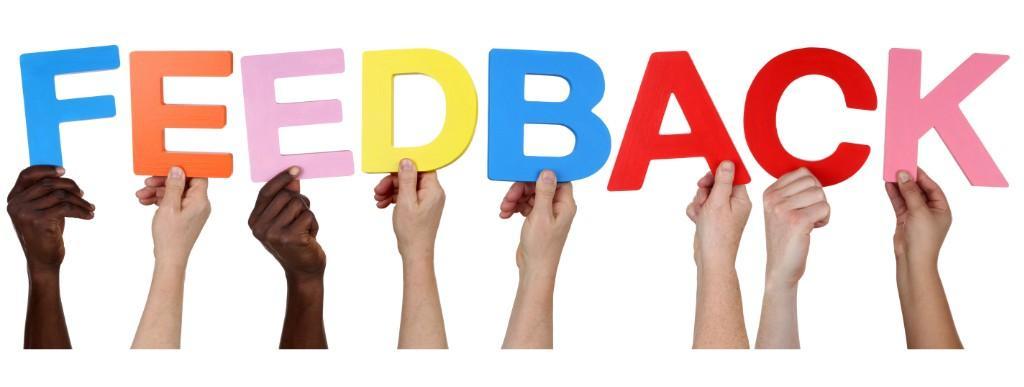


Diversity, bias and values (K3 & K10)
• Coaching serves the whole person
• Maintain a perspective of respect, curiosity and objectivity (non-judgemental)
• Be aware of your own bias and potential to make assumptions (judgements)


Points to reflect on…
1. Similarity bias
Unconsciously favouring clients who share our background, communication style or outlook – can limit challenge and objectivity
2. Assumption of motivation
Interpreting a client’s goals through our own values e.g. linking ambition to promotion or status


Points to reflect on…
3. Cultural or language bias
Misreading behaviours, tone or expression due to different cultural norms
4. Helping bias
The instinct to ‘fix’ or ‘rescue’ rather than empower; reflecting our own need to be useful and/or liked


Taking this forward… …reflection prompts
Which of your own values or assumptions might unintentionally influence how you listen, question or give feedback as a coach?
How can you stay curious and open when working with someone whose goals, beliefs or communication style differ from your own?




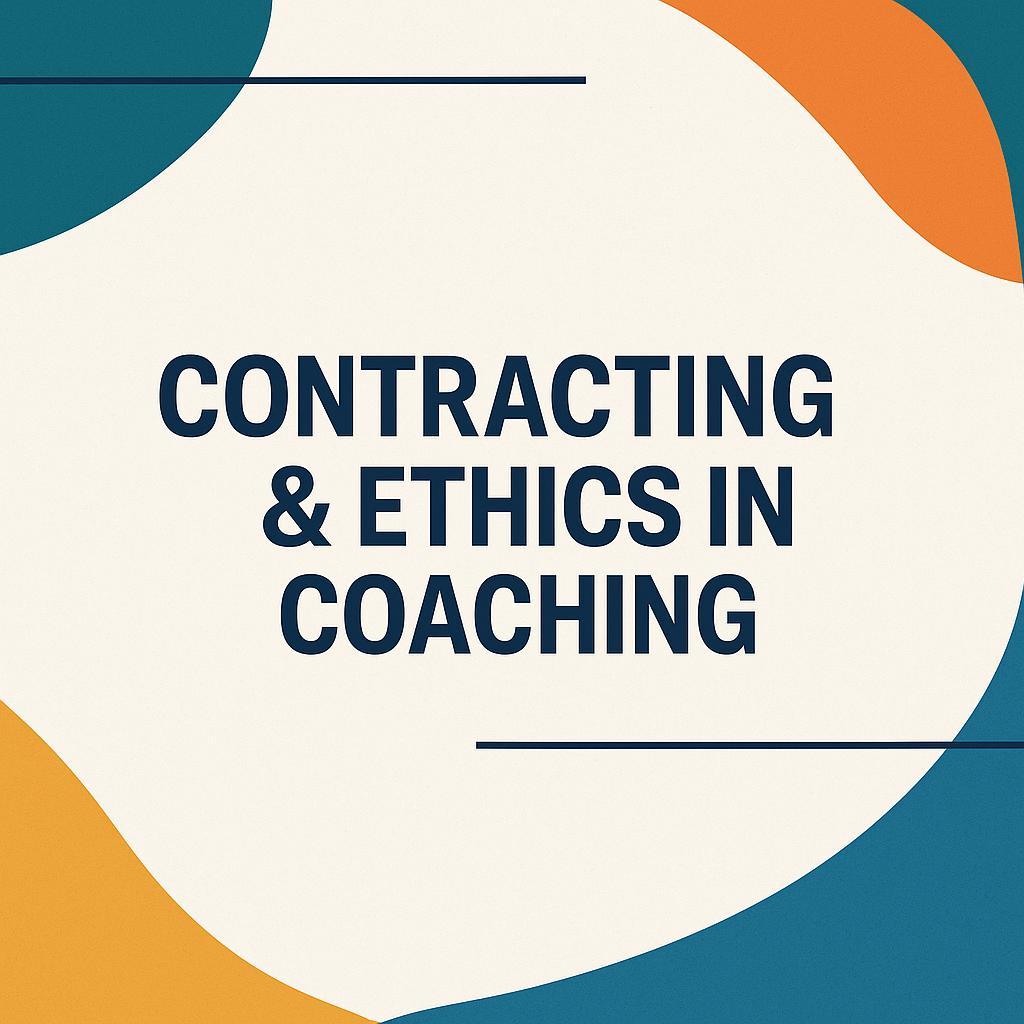

Contracting & ethics (K4, K6 & K11)
What is a coaching contract?
A shared agreement for safety and focus
Clarifies boundaries, confidentiality and purpose

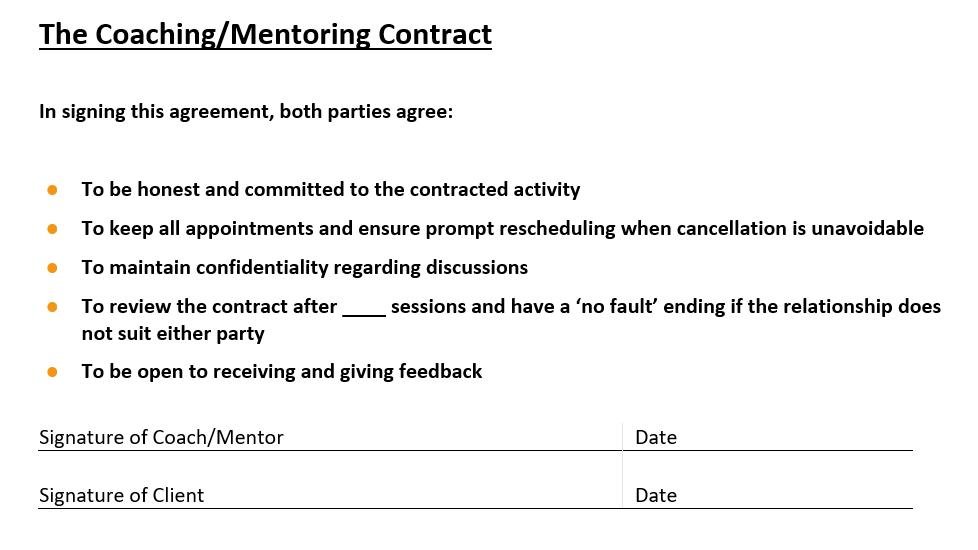
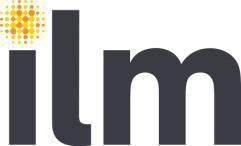


Reflection… Your thoughts on this contract? What might you need to add?

Core ethical principles Confidentiality
Professional competence Integrity
Respect




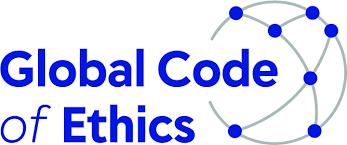


Reflection… Review the various hyperlinks. Does your organisation have a code of ethics?

Coaching in context (K5)
Coaching effectiveness is shaped by both culture and structure
Supportive, trust-based cultures enable reflection and autonomy
Coaching can model the leadership behaviours that an organisation values

How
coaching
models help (K7, K12 & S4)
Provide structure and confidence, especially for new coaches
Provide a common framework/language to work with e.g. GROW, OSCAR & CLEAR
Help maintain focus whilst also adapting to the
coachee's needs


Knowledge into action…
Breakout room 3
• Introduce yourself to the group
• Discuss the following and prepare to give feedback


How might your organisation's culture of leadership style support or limit the use of coaching?
What parts of a coaching model like GROW could work best in your setting and which might feel less natural/harder to apply?
How could a coaching model help you stay aligned with your values and ethical boundaries as a coach?



A summary…
Emotional intelligence underpins trust
Ethics and contracting keep coaching safe
Organisational context shapes success
Models can build structure and confidence

Taking this forward… …reflection prompts
• How does the culture or leadership style in your organisation influence the way people respond to coaching?
• Which aspects of a coaching model (such as GROW) feel most natural to you, and which might need more practice?
• How can you use a coaching model while still staying flexible and authentic in your approach?
• In what ways could ethical awareness guide your decisions and behaviour as a new coach?


AIM & OBJECTIVES
Aim
To deepen understanding of the psychological, organisational and ethical principles that underpin effective coaching, exploring how contracting, communication and coaching models translate theory into practice.
Objectives
•Describe the key concepts of emotional and social intelligence and why they matter for building coaching relationships (K2).
•Recognise how diversity, inclusion and bias can affect coaching interactions (K3, K10).
•Explain what a coaching contract is and why clear boundaries and ethical practice are vital (K4, K6, K11).
•Identify how organisational culture and leadership style may shape coaching opportunities (K5).
•Explore core coaching models and questioning frameworks that structure a coaching conversation (K7, K12, S4).




